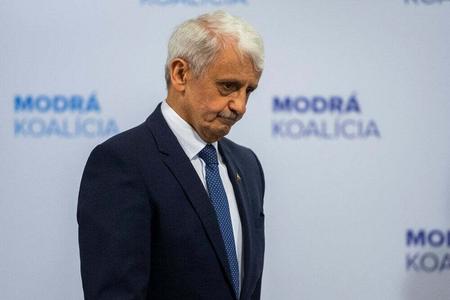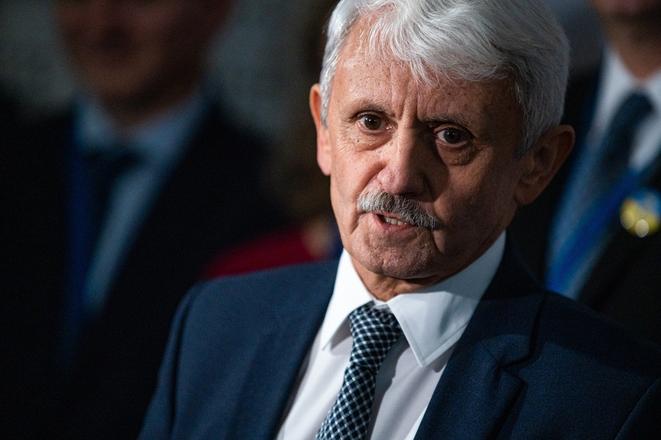Mikuláš Dzurinda, former Slovak prime minister has become a member of the International Working Group for New European Security Architecture, chaired by Anders Fogh Rasmussen, former NATO secretary general, and Andriy Yermak, head of the office of the Ukrainian president. Members include former US secretary of state Hillary Clinton, former British prime minister Boris Johnson and former Polish president Aleksander Kwaśniewski.
The last European Council summit ended in a compromise. How do you view the result and the process that preceded it?
Viktor Orbán has a problem. He has found himself on a slippery slope called 'violating the principles of the rule of law'. Still, he wants money from European funds. Evidently, these two aspects are in conflict. Secondly, Orbán always plays it rough. He understands politics - power politics above all - so sometimes he flirts with danger. Thirdly, one thing significantly weakened him, and that was the elections in Poland which cost him an ally. He can no longer stand his ground, because when 26 countries agree to apply Article 7 [suspension of voting rights - Ed. note], it will happen. When he realised that no one would help him, he simply voted for it. Also, I know that it's not a problem for Brussels officials to find ways around a problem.

Are you referring to the Financial Times article according to which European politicians were preparing to put Hungary under pressure, announcing that they would stop European funds and causing damage to the Hungarian economy?
Yes, there were probably several ways to help Ukraine without Orbán having his foot in the door. But in my opinion, the most powerful, truest and most direct way was using Article 7.
Recently, you have become a member of the International Working Group for New European Security Architecture. What exactly is that about?
When the war broke out two years ago, the leaders of Ukraine, the EU and NATO were thinking about how to help Ukraine. At that time, none of us knew how long the war would last, whether there would be a truce or a cessation of hostilities. It was then that the idea was first born, probably in Kyiv, that an international group of politicians, former politicians, as well as representatives of NGOs could be formed with the goal of developing a system of guarantees for Ukraine to avoid further attacks against it. It was at the beginning of the summer of 2022 when I received the first invitation to such a group.
From whom?
[Former NATO secretary general] Anders Fogh Rasmussen. At the beginning, there was an agreement on cooperation between the Ukrainian president's administration headed by Andriy Yermak, and the Rasmussen Global consulting company. That choice was obvious, as Ukraine not only wants to join the EU, but also NATO. Rasmussen is a very experienced politician, so a partnership was formed.
It was probably due to consultations with Ukraine that I was invited as I've left a long-lasting mark in the country. The group drafted the Kyiv Security Compact document, presented to Zelensky in September 2022 by Rasmussen. For the first time in the system of potential guarantees, the document contained a proposal for cooperation in the form of bilateral agreements between a given state and Ukraine.


 Mikuláš Dzurinda. (source: SME - Marko Erd)
Mikuláš Dzurinda. (source: SME - Marko Erd)